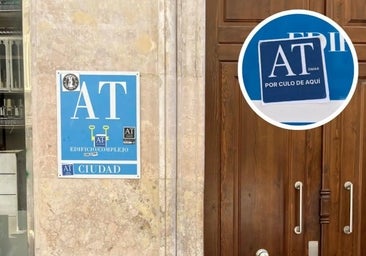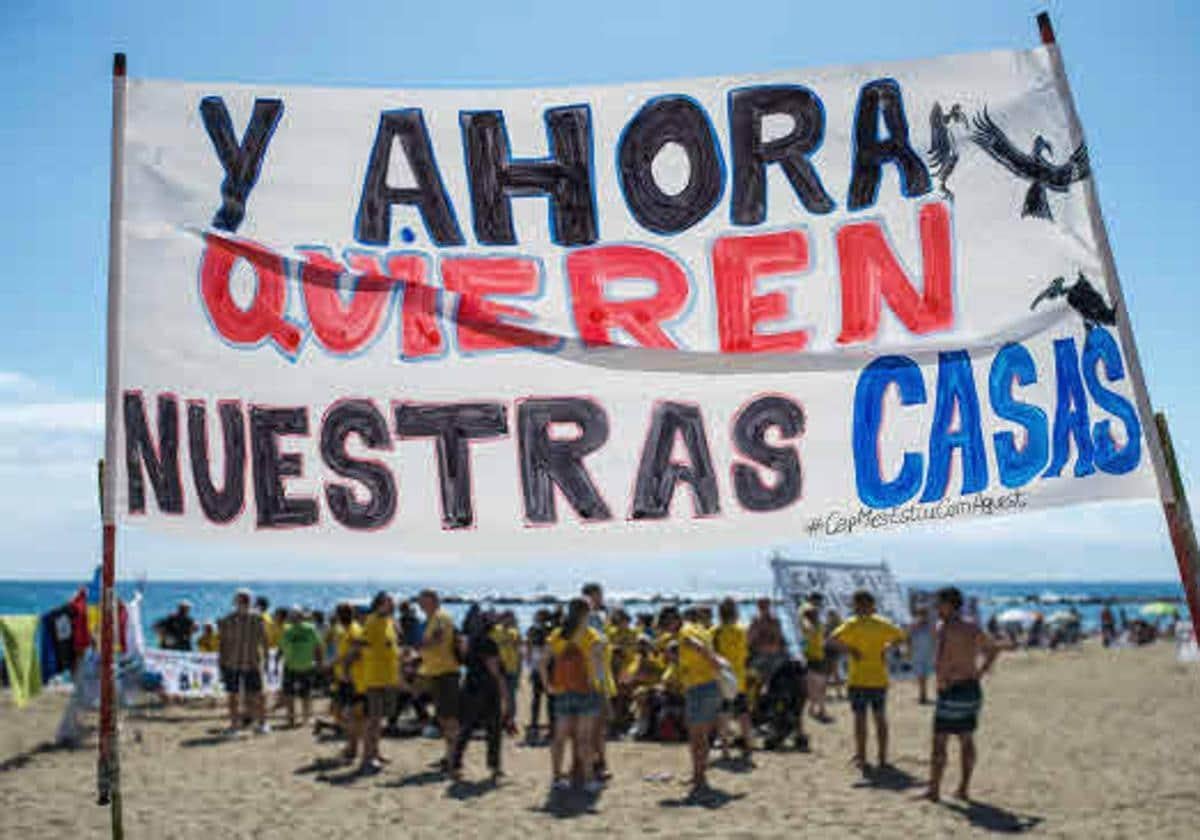Some local councils stop granting new licences for holiday rental flats in bid to ease pressure in Spain
The number of new tourist apartments has grown by 15.15% across the country's main cities in just one year, which is starting to cause unrest and tourism phobia among residents
A rapid rise in the number of tourist flats across the main cities of Spain - many of them allegedly illegal - is giving rise to tourism phobia. In one year, the number of tourist homes in Spain has grown by 15.15% and now exceeds 351,000 with more than 1,751,000 places for rent, according to data from the country's INE national institute of statistics.
The rise in the number of these homes has become uncontrolled in some areas. In Navarre, Asturias, Galicia and Cantabria there has been an increase of more than 20% in one year, although most of the tourist flats are concentrated in Andalucía, Valencia, the Canary Islands and Catalonia, the data shows. Meanwhile, the number of residential homes available to rent is shrinking, with it becoming increasingly expensive to buy or rent a home.
It comes as local residents protest about increasing coexistence issues due to a larger number of tourists flowing into Spanish cities and towns.
For these reasons, some city councils have started to put the brakes on granting new licences for tourist flats. Madrid (where there are many illegal flats, as only 1,000 of the 13,500 that exist are licensed) has suspended the granting of new licences until 2025 and will increase penalties. Valencia city council (where they have grown by 29% in the past year) also approved a one-year moratorium in May; in San Sebastian the suspension of new tourist homes was extended in March for two years and in Gijón, from January 2024 to January 2025. Meanwhile, in Barcelona the granting of new tourist licences has been frozen since 2014 and the Balearic Islands has banned more tourist homes until 2026. Seville limits tourist flats to 10% of the total number of dwellings in each neighbourhood and Malaga is carrying out a saturation study by area of the city.
The Spanish government is planning to develop a single register for tourist homes, which will be mandatory for them to be included on platforms such as Airbnb. The government estimates more than 90% of the flats advertised on these platforms do not have a licence and has opened an investigation into unfair practices.


